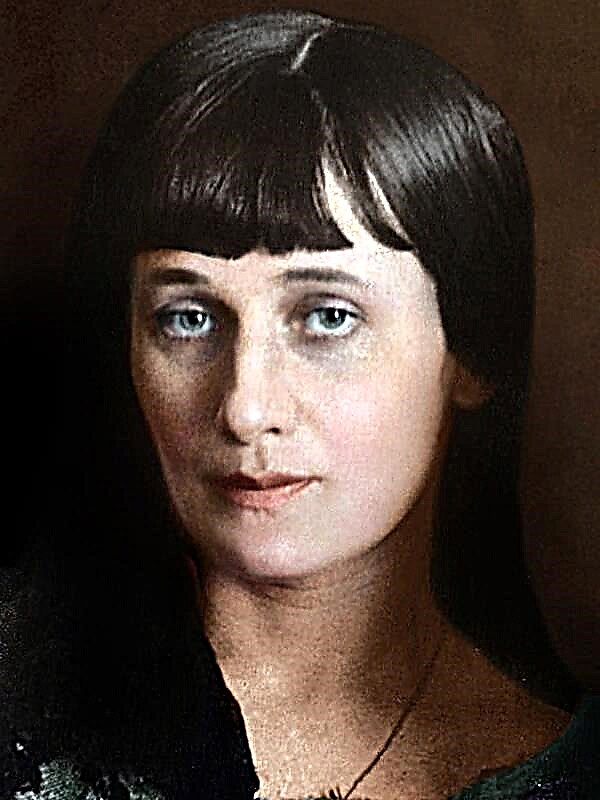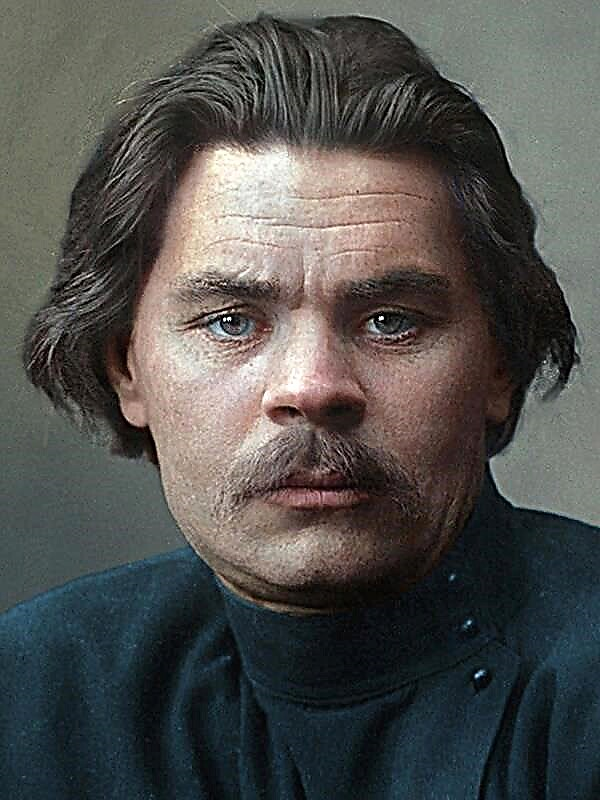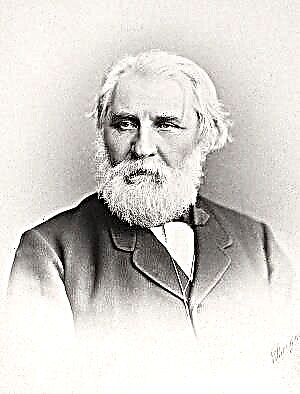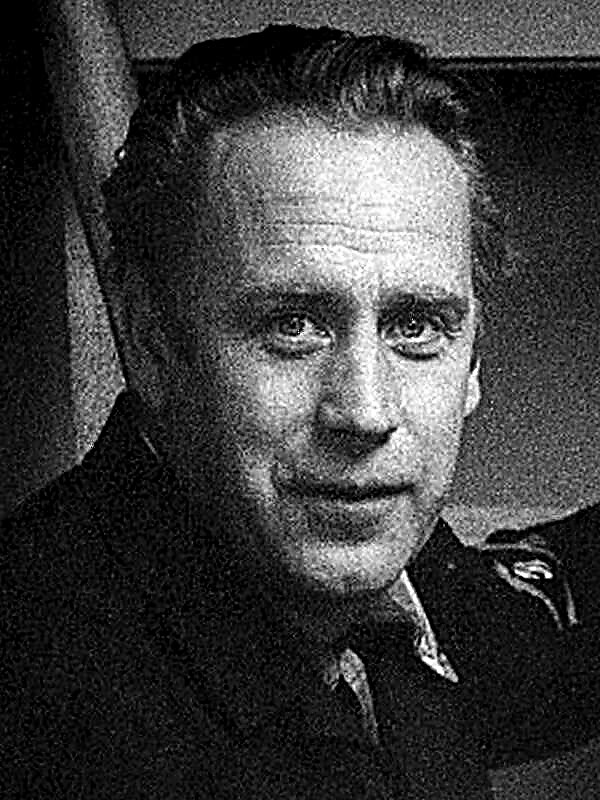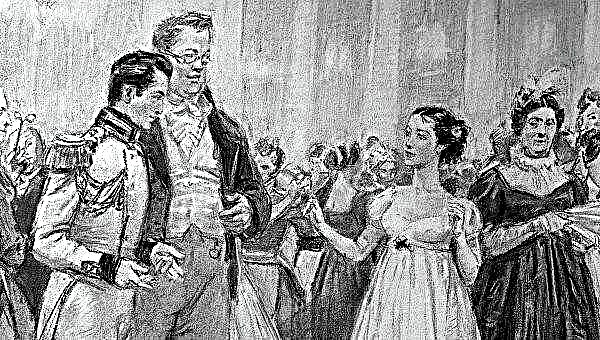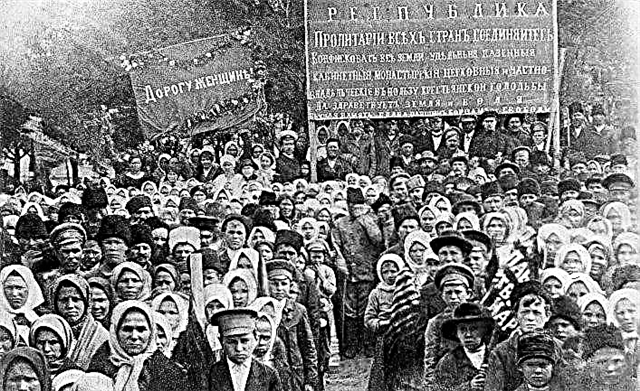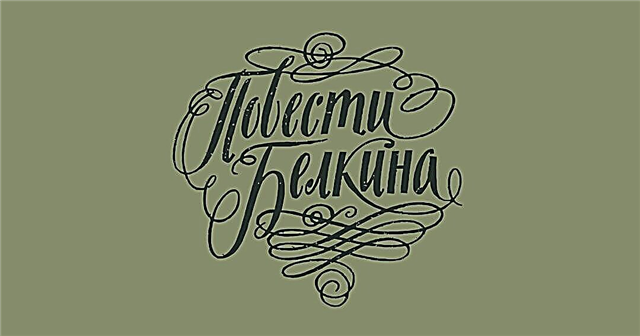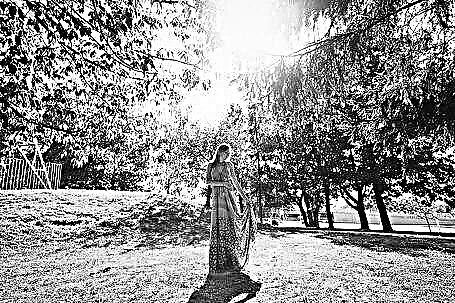Professor Peter Keen, a long and skinny forty-year-old bachelor, during his traditional morning walks, looks into the windows of bookstores. Almost with pleasure, he notes that waste paper and boulevard are spreading wider and wider. Keen, a world-renowned scholar, a synologist, has the most significant private library in Vienna with twenty-five thousand volumes. A tiny part of it, as a precaution, he always carries with him in a tightly packed briefcase. Keen considers himself a librarian, custodian, and not giving out his treasures for reading. The book lover's passion is the only one that Kin allows himself in his strict and laboring life. This passion has been in his possession since childhood, as a boy he once remained a cunning all night in the largest bookstore.
Kin does not have a family, because a woman will necessarily present requirements that “an honest scientist will never think of in a dream”. He does not maintain personal ties with anyone, does not participate in scientific congresses to which he is respectfully invited as the first Sinologist of his time. Kin also refuses teaching at universities, “mediocre heads” can do this. At thirty, he wrote off his skull with its contents to the Institute for Brain Research.
The greatest danger threatening the scientist, Keen considers "incontinence of speech" and prefers written speech. He speaks more than a dozen oriental languages, and some of the Western languages are clear to him by themselves. More than anything, Kin is afraid of blindness for himself.
The professor’s housekeeping has been running the "responsible" housekeeper Teresa for eight years, with whom he is pleased. She daily wipes the dust in the four rooms of his library and prepares food. When eating, the taste of which is indifferent to him, the scientist is busy with important thoughts, and chewing and digestion occur by themselves. Teresa receives a good salary from Keane, enough to set aside a savings book and have a change of blue starched underskirts that hide the legs of a fifty-six-year-old person. Her head is set obliquely, her ears are bulged out, her hips are immense. She knows that she looks “thirty years old,” and passers-by always look back at her. But she considers herself a “decent woman” and secretly counts on the professor’s favor.
Teresa knows for sure, up to minutes, the strict daily routine of the host. But before the morning walk there are mysterious forty-five minutes, when no eavesdropping helps to establish the nature of his occupation. Teresa suggests some kind of vice, maybe he hides the corpse of a woman or drugs. She carries out searches and does not lose hope of revealing a secret.
Communication between Teresa and Kina comes down to the exchange of necessary phrases. The housekeeper’s vocabulary is wretched, no more than fifty words, but Keen appreciates her laconicism and devotion to the library. With him, she puts out the door of a neighbor's boy who came for a book in Chinese that was promised to him somehow by a professor, by mistake. As a reward, the moved Kin gives the housekeeper to read one vulgar little romance that was once taken from him by all school friends. Kin soon discovers this shabby little book lying in the kitchen on an embroidered velvet pillow under Theresa's fingers, dressed in white gloves. In addition, Teresa tried to remove stained spots. Keen realizes that he is dealing with a woman who is merciful to books, a "saint." The shocked scientist retires to the library, where, as always, he talks and argues for a long time with books and their authors. Confucius gives him determination, and Kin rushes into the kitchen to the one whose heart belongs to the books, announcing his desire to marry her.
After a modest rite of marriage from the first wedding night, Keane is untenable as a man. Teresa is disappointed, but she feels confident in the role of wife and mistress and gradually takes away three rooms of the library, cluttering them with cheap furniture. For Keane, the main thing is that she does not interfere with his work and does not touch the books. He tries to stay away from his wife, her thick red cheeks and blue starched skirt. When she invades his office with new furniture, the scientist considers it necessary to warn her favorites about the danger, about the "state of war" in the apartment. Having risen on a stepladder to the very ceiling, he turns to books with a "manifesto" on protection from the enemy, and then falls down the stairs and faints. Teresa finds her husband lying on the carpet and takes him for a "corpse." She is sorry for the beautiful carpet stained with blood, and “almost sorry” for her husband. Within an hour, she seeks his testament, hoping that she was left the millionth amount. She has no doubt that the husband, who should be clear that he will die before his "young" wife, took care of this. Unable to find a will, Teresa calls for help from the doorkeeper Benedict Pfaff, a hefty verzil, a retired policeman. The evil Pfaff respects only Kina in the house, receiving a monthly “present” from him. He thinks that the “passer-by” Teresa killed her husband and you can make money on it. The gatekeeper already presents himself as a witness at the murder process, and Teresa, who is standing nearby, is looking for a way out of a dangerous situation and thinks about the inheritance. At this time, Keen wakes up and tries to get up. Nobody expects this from him. The outraged Teresa tells her husband that decent people do not do this. Pfaff brings the professor's “backbone” to the bed.
During Kina’s illness, Teresa takes care of him in her own way, but does not forget that he “allowed himself to live on”, although, in essence, he has already died. She forgives this to him, she needs a will, about which he now hears dozens of times a day. Keen realized that his wife was only interested in money, not books. For a scientist living on a parental inheritance, spent mainly on a library, money does not matter. Pfaff Keen, who is visiting him for the sake of a “present,” qualifies him from the position of history as a “barbarian,” “hired warrior,” but his wife has no place in any kind of barbarism. —Teresa tries in vain to get a young seller of a furniture store as her lover. Pitying herself, she somehow cries in the presence of her husband "guilty of everything." And he, stunned by her incoherent speeches, seems, as usual, something else, an expression of love for him, a scientist. When a misunderstanding is clarified and Kean “documented” explains to his wife how little money he has left to make a will, Teresa is furious. For Keane, life turns into a madhouse, where he is beaten and starved. Now Teresa unsuccessfully searches for her husband’s bank book and considers him “rightfully” a “thief”. Finally, realizing that "her" apartment is not an "almshouse" for "parasites", she drives her husband out onto the street, tossing an empty briefcase and coat after him, not knowing that a bank book is in her coat pocket.
Keen is “overwhelmed with work,” he goes to bookstores, buys books, and sleeps at the hotel closest to the store. The scientist “carries in his head” the ever-increasing burden of his new library. He eats where he has to and one day he gets into a house of tolerance, not knowing it himself. There he meets the hunchback Fischerle, a passionate chess player who wants to beat Capablanca, the world champion, and settle down so that he can eat and sleep “during the opponent’s moves”. In the meantime, he feeds on the expense of his prostitute wife and fraud.
- Having got acquainted with the contents of Kean’s wallet on occasion, Fischerle agrees to become an “assistant” to the scientist, helping him “unload books from his head” and “place” them on shelves in the evenings. Keen feels that the hunchback understands him, that he is a “soul mate” that needs to be educated, while the fischer considers Keen a swindler and a madman, but restrains his impatience, knowing that the money will go to the “smart” anyway, that is, to him.
The hunchback leads Kina to a pawnshop, where they lay everything, including books. Now Keane stands in a pawnshop, catching "sinners" with books and buying them at a good price. "Sinners" begins to deliver smart Fischerle. Through them, in order to increase the amount of the ransom, he tells Kin his invention that Teresa is dead. Kin is happy, he believes right away, because she had to die of hunger, locked up by him, "devouring herself to pieces", mad with greed for money. Keen himself comes up with how the "hired warrior" found Theresa's "corpse" and her blue skirt, how the funeral went. And to Fisherle a considerable amount is migrated, for which it is already possible to go to America, to Capablanca. Suddenly, Kin encounters Teresa and her lover Pfaff, who brought his books to the pawnshop. Keen closes his eyes and does not perceive the “dead” Teresa, but he still sees the books, even tries to take them away. Theresa is frightened, but, noticing a thick wallet in Keen's bulging pocket, he recalls the bank book and screams indignantly, accusing him of theft. All three and Fisherle appeared around the crowd, which already seem to be corpses, murders, thefts. The crowd beats the silent Keane, although "the poverty of his attacked surface" does not bring satisfaction.
Fischerle safely hides in the crowd when the police lead the trinity away. In the police, Keane pleads guilty to the murder of his wife, leading her to starvation. He asks the police to explain how his dead wife, in the same starched blue skirt, stands nearby and speaks her own primitive language. Stroking the hateful skirt of Theresa, Keen admits that he suffers from hallucinations and sobs. Everyone perceives his speech in his own way. Teresa realizes that Keane killed his “first” wife. The gatekeeper recalls his daughter, whom he brought to death. The police commandant represents Kina as an aristocrat with a perfectly tied tie, which he does not succeed in any way. Finally, he pushes everyone out the door. Pfaff takes Kin with him to the gatekeeper, where Kin wants to live until the smell of Theresa's decomposed corpse disappears from his apartment.
Fisherle has the address of Brother Keane in Paris, and he calls him to his older brother by telegram, the text of which is carefully thought out: “I am completely crazy. Your brother". Satisfied hunchback settles his own business on leaving for America. He manages to quickly and for free get a fake passport, dress at an expensive tailor and buy a first-class ticket. In parting, Fisherle goes to his wife and finds, as usual, a client who kills him in front of a calm wife.
Pfaff wants to hold the professor for a while in the literal sense of the word “on his knees”. He teaches him how to use a peephole, which he has built into the door half a meter from the floor, through which he himself watched the tenants. Keen sees his new activity as a scientific activity. He mainly sees the “pants” of people passing, skirts he tries not to notice, like a real scientist, he has the ability not to notice. Kin concocts an article called “Characteristics by Pants” with an “Appendix on Boots,” which will allow people to be identified by these items of clothing. An enthusiastic scientist involuntarily comes into conflict with the owner of the eye. Beaten, hungry, having lost his post, he crawls under the bed and begins to doubt his mind.
The famous psychiatrist, director of the large Parisian clinic Georges (aka Georg) Keen loves his work and patients, thanks to whom he has become one of the largest minds of his time. This handsome man owes much of his career to his wife.
Having received the telegram of the “brother”, he urgently goes to Vienna and on the train comes to the conclusion that his brother is disturbed by blindness, more likely imaginary than real. At the door of the house, he immediately receives information from the “second wife of his brother” and Pfaff, who leads him to Peter, who looks like a skeleton, weightless when transferred from floor to bed. Georg considers himself a great connoisseur of people, but still he does not succeed in penetrating Peter's soul and thoughts, gaining his favor and trust. Peter keeps at a distance the director of a "hospital for idiots", a "skirt" who is indifferent to Confucius.
The biggest thing the younger brother can do is to expel Pfaff and Teresa from the apartment, with whom he easily finds mutual understanding. He goes towards this couple in a "business relationship", buying a store for them. Peter again moves into his apartment, thoroughly cleaned by Theresa. His financial future is now secured by George. Peter restrainedly thanks his brother for all the “services” rendered to him, although he does not say a word about the removal of his wife. They say goodbye, George is waiting for the "madmen."
Left alone in his library, Keen recalls the recent past. A blue skirt seems to him, the words “fire” and “murder” flash in his head. In the place where "Theresa’s corpse" was lying, Keen sets fire to a carpet with a red pattern so that the police do not take it for blood. It occurs to him that by burning books he will be able to take revenge on his enemies who are “chasing after the will”. Standing on a stepladder under the ceiling and looking at the approaching flames, Keen laughs so loudly as "never laughed in my life."


 Hungry city
Hungry city